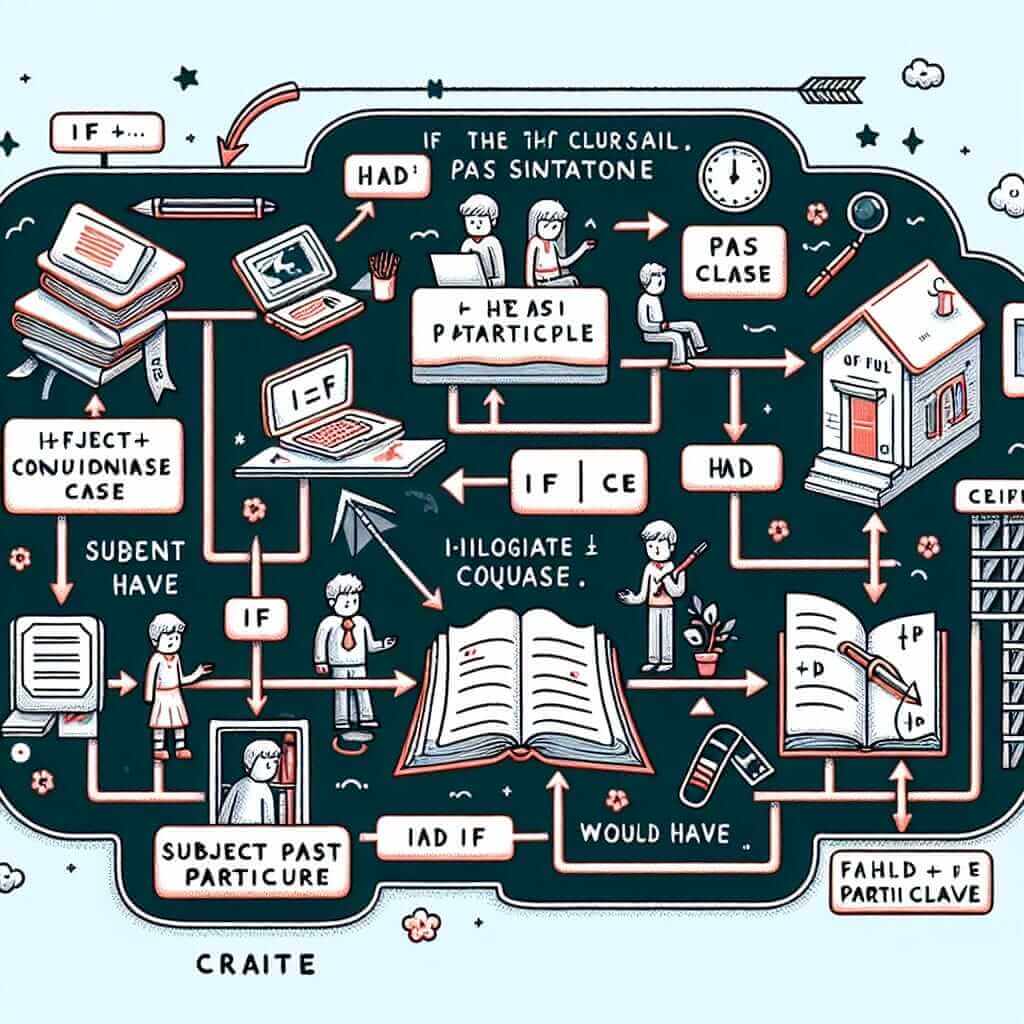“Had it been clearer, we would have decided” – this construction often leaves IELTS test-takers perplexed. Yet, mastering such advanced grammatical structures is essential for achieving a band score of 7 or higher. This article will delve into the intricacies of this structure, providing you with the knowledge and tools to use it confidently in your IELTS exam.
Let’s analyze a few examples of how this structure can appear in different sections of the IELTS:
- Speaking (Part 3): “Had the government’s environmental policies been more effective, we might have seen a significant reduction in pollution levels by now.” (This demonstrates your ability to express hypothetical situations and their consequences fluently).
- Writing (Task 2): “Some argue that censorship is necessary to protect children. However, had access to information been more restricted in the past, many scientific breakthroughs might never have occurred.” (This showcases your ability to construct complex arguments and present contrasting viewpoints).
- Reading: You might encounter this grammatical structure in a passage discussing historical events or hypothetical scenarios. Understanding its meaning will be crucial for answering questions accurately.
Deconstructing the Grammar: Third Conditional Sentences
“Had it been clearer, we would have decided” is an example of a third conditional sentence, often referred to as the “past unreal conditional”. This type of conditional sentence is used to talk about hypothetical situations in the past and their imaginary consequences.
The Formula and Its Application
Here’s the basic formula for the third conditional:
If + past perfect, would have + past participle
However, we can make this structure more sophisticated and formal by inverting the subject and auxiliary verb ‘had’ in the ‘if clause’. This inversion eliminates the need for ‘if’, leading to a more concise and impactful sentence:
Had + subject + past participle, subject + would have + past participle
Let’s break it down:
- “Had it been clearer”: This is the inverted ‘if clause’. ‘It’ refers to the situation or thing that was not clear. ‘Been’ is the past participle of ‘be’, used here to form the past perfect tense.
- “We would have decided”: This is the main clause. It expresses the hypothetical consequence in the past. ‘Would have decided’ is the conditional perfect tense, indicating an action that would have happened if the condition in the ‘if clause’ had been met.

Utilizing the Structure Across Different IELTS Sections:
- Speaking: Using this structure in your speaking, particularly in Part 3, showcases your ability to express complex hypothetical situations and their consequences. This demonstrates fluency and a strong command of grammar.
- Writing: This grammatical structure is particularly valuable in Writing Task 2. It enables you to present nuanced arguments, explore hypothetical scenarios, and consider alternative outcomes, demonstrating a higher level of thinking.
- Reading: Recognizing and understanding this structure in reading passages will be vital for comprehending complex ideas and arguments, especially those relating to hypothetical situations or historical events.
Achieving Higher Band Scores: Mastering Nuances and Avoiding Pitfalls
While understanding the basic formula is essential, achieving a band score of 7 or higher requires mastering the nuances of this structure and avoiding common pitfalls.
1. Using Modal Verbs:
Instead of simply using “would have,” you can incorporate other modal verbs to express different degrees of certainty or possibility:
- “Had the information been available, we could have made a more informed decision.” (Possibility)
- “Had the warning been issued earlier, many lives might have been saved.” (Probability)
- “Had they listened to the experts, the disaster could have been averted.” (Ability)
2. Avoiding Common Mistakes:
- Incorrect Tense Sequence: Ensure the tenses in both clauses are aligned. The ‘if’ clause requires the past perfect, and the main clause uses the conditional perfect (“would have” + past participle).
- Subject-Verb Agreement: Pay attention to subject-verb agreement, especially after inverting the subject and ‘had’ in the ‘if clause’.
- Overuse: While impressive, avoid overusing this structure. Use it strategically to enhance your arguments and demonstrate your grammatical range.
In Conclusion:
Mastering advanced grammatical structures like the third conditional is crucial for achieving a high band score in the IELTS. Remember to practice using this structure in various contexts, pay attention to the nuances, and avoid common mistakes. By consistently incorporating such sophisticated grammar into your speaking and writing, you’ll be well on your way to IELTS success.